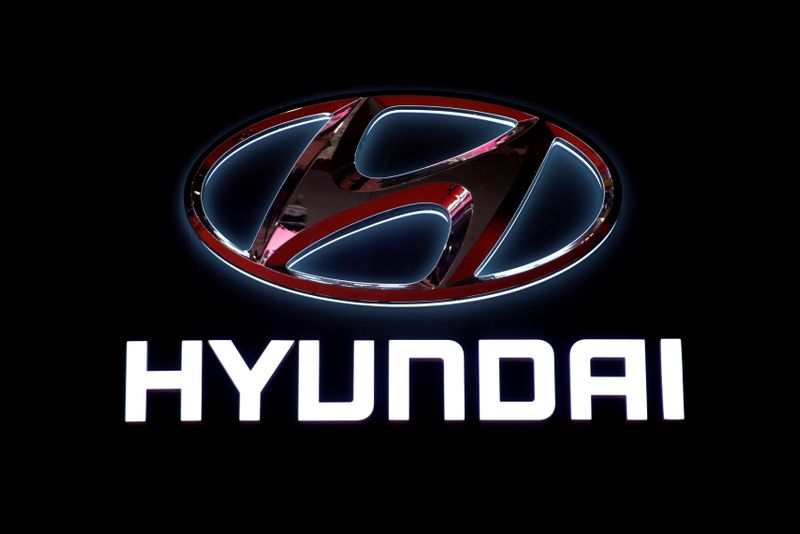By Hyunjoo Jin and Joyce Lee
SEOUL (Reuters) - U.S. ride-hailing company Uber Technologies Inc (N:UBER) and South Korean automaker Hyundai Motor (KS:005380) have teamed up to develop electric air taxis, joining the global race to make small self-flying cars to ease urban congestion.
Global players like Germany's Daimler (DE:DAIGn), China's Geely Automobile (HK:0175) and Japan's Toyota (T:7203) have all unveiled investments in startups that aim to deploy electric flying cars capable of vertical takeoff and landing. But there are big technological and regulatory hurdles to the plans.
Uber and Hyundai, for instance, gave widely different timelines for commercialization, underlining these challenges.
"We've been making steady progress toward a goal of launching Uber Air by 2023," Eric Allison, head of Uber Elevate, said at the Consumer Electronics Show (CES) in Las Vegas.
Euisun Chung, Executive Vice Chairman of Hyundai, expects commercialization of urban air mobility service in 2028, saying it takes time for laws and systems to be in place.
Hyundai is the first carmaker to join Uber's air taxi project, which also counts Boeing (N:BA) subsidiary Aurora Flight Sciences among its partner firms.
Hyundai will produce and deploy the vehicles while Uber will provide aerial ride-share services.
Uber, which has partnered with eight companies on its air taxi project, however, acknowledged it would be "unrealistic" to expect all its partners to go to market at the same time.
"Our plans for our limited commercial operations in 2023 will likely involve other partners," Sarah Abboud, Communications Manager at Uber, told Reuters.
Hyundai will unveil a concept electric aircraft developed with Uber at CES, with the self-flying electric car designed to carry up to four passengers with a pilot and fly on trips of up to 60 miles (100 km).
"The overall cost to produce and operate UAM (urban air mobility) vehicles should be really low enough for everyone to enjoy the freedom to fly," Shin Jai-won, Head of Urban Air Mobility Division at Hyundai Motor, said.
Air taxis come in several shapes and sizes - electric motors replace jet engines, and aircraft have rotating wings and, in some cases, rotors in place of propellers.
The urban flight market will exceed the current number of commercial airplanes flying around the world - about 25,000, Hyundai's Shin, a former NASA engineer hired by the automaker last year, estimated, without giving any timeframe.
Last year, Hyundai pledged to invest 1.8 trillion won ($1.5 billion) in what it called "urban air mobility" by 2025.
Boeing has said it is working with Volkswagen's (DE:VOWG_p) sports car brand, Porsche, to develop a concept electric flying vehicle that can transport people in urban areas.
